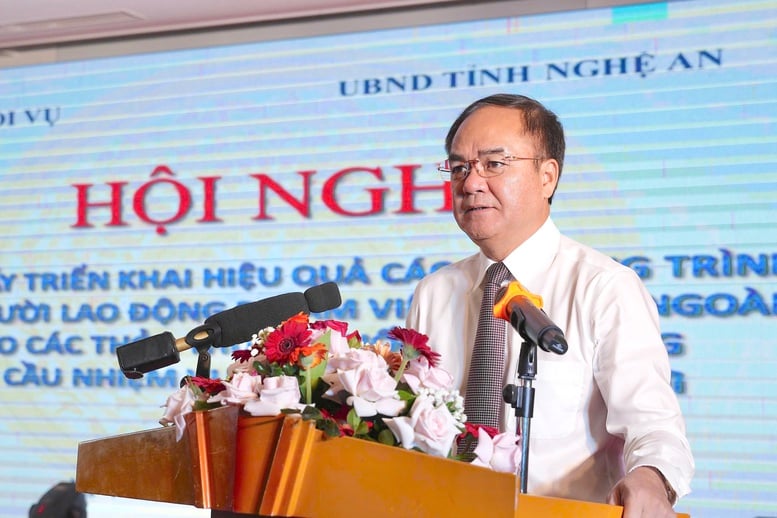
Deputy Minister of Home Affairs Vu Chien Thang speaks at the Conference - Photo: VGP/TG
On the morning of October 20th, in Nghe An , the Ministry of Interior, in coordination with the People's Committee of Nghe An province, organized a conference titled "Promoting the effective implementation of programs to send workers abroad under international agreements, meeting the requirements of the new situation."
In his opening remarks, Deputy Minister of Home Affairs Vu Chien Thang emphasized that the conference is taking place in the context of the country accelerating institutional reforms, deep international integration, and the transformation of the two-tiered local government model.
Over the past period, the Party and State have issued many major policies such as Resolution 59-NQ/TW on international integration, Resolution 66-NQ/TW on reforming the work of lawmaking and enforcement, and Resolution 57-NQ/TW on the development of science , technology, innovation and national digital transformation. These policies all consider people and human resources as the foundation of development, and a central factor in the strategy of integration and sustainable development.
According to Deputy Minister Vu Chien Thang, sending workers abroad under non-profit international agreements is considered the right direction, reflecting a humane mindset and strategic vision – simultaneously addressing employment issues, increasing income, and contributing to the transfer of advanced skills, knowledge, and labor culture to serve the country's industrialization and modernization process.
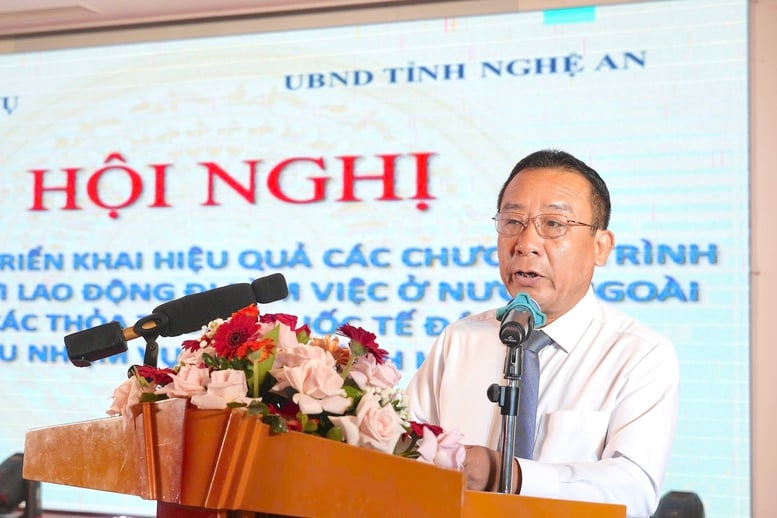
Vice Chairman of Nghe An Provincial People's Committee Nguyen Van De speaks at the conference - Photo: VGP/TG
An effective channel to help workers change their lives.
Under the direction of the Ministry of Interior, the Department of Overseas Labor Management and the Center for Overseas Labor have coordinated with localities to implement many non-profit programs with positive results.
To date, these programs have sent more than 155,000 Vietnamese workers to work in South Korea, Japan, Germany, Taiwan (China), and Australia, providing them with stable incomes and low costs, contributing approximately 17 trillion VND in foreign exchange annually . The seasonal labor dispatch program to South Korea alone, since 2018, has sent about 7,000 workers, with an average income of over 2,000 USD per month.
These programs not only create jobs and improve people's lives but also contribute to strengthening friendly relations and enhancing people-to-people exchanges between Vietnam and the host countries.
However, Deputy Minister Vu Chien Thang also noted that awareness of the difference between non-profit and commercial models is still limited in some localities; brokering and fraud still occur; and uneven experience in international cooperation limits the cost and scale of dispatch.
The Deputy Minister requested that delegates focus their discussions on replicating successful models, drawing lessons from practical experience, and proposing support mechanisms for policy beneficiaries, poor households, remote areas, and demobilized soldiers and police officers, with the aim of improving the effectiveness and sustainability of non-profit programs.
Based on local experience, Vice Chairman of the Nghe An Provincial People's Committee Nguyen Van De stated that Nghe An has always considered sending workers abroad as a key task, contributing to socio-economic development and sustainable poverty reduction.
During the period 2023–2025, the province sent over 60,000 workers abroad, averaging 20,000 per year; currently, there are approximately 85,000 people from Nghe An working abroad on fixed-term contracts, including 16,500 in South Korea and 25,000 in Japan. Annual remittances reach 600–650 million USD.
Nghe An is one of the leading localities in implementing non-profit programs such as EPS , IM Japan , German nurses , and Korean seasonal workers – all of which are low-cost, transparent, and trusted by the people.
Nghe An province continues to identify six key tasks, emphasizing the diversification of the international labor market, improving the quality of human resources, promoting digital transformation in management, supporting disadvantaged workers, and building a mechanism for sustainable job placement for returning workers.
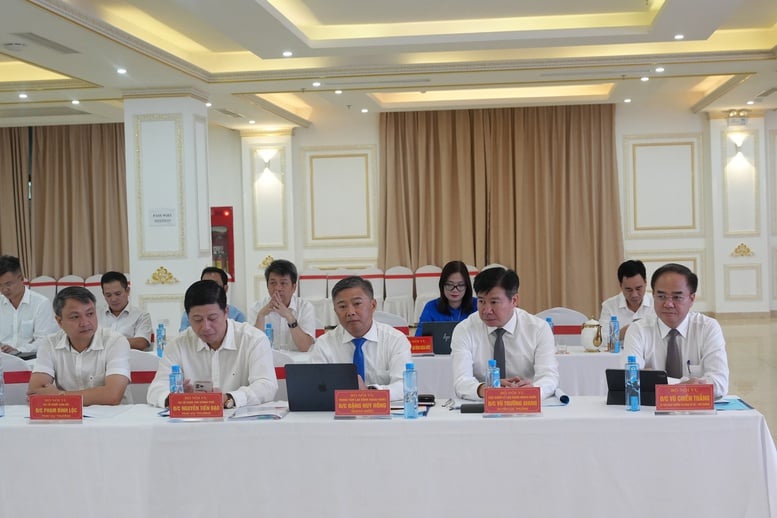
Delegates attending the Conference - Photo: VGP/TG
Improve mechanisms and expand the non-profit model.
At the conference, Dang Huy Hong, Director of the Center for Overseas Labor, stated that non-profit programs are particularly suitable for policy-beneficiary workers and those in disadvantaged areas, thanks to their transparent processes, low costs, and financial support.
Under the EPS program, workers from poor districts, coastal areas, and islands are given priority in selection and can borrow up to 100 million VND without collateral , according to Decision 16/2023/QD-TTg. From 2013 to the present, 3,786 policy-beneficiary workers have borrowed a total of 378.6 billion VND.
Furthermore, the IM Japan program prioritizes workers from remote areas and ethnic minorities. The center has organized 93 job fairs with the participation of 1,900 businesses, connecting opportunities for more than 15,000 workers, including 7,400 from impoverished districts.
Mr. Dang Huy Hong proposed developing a strategy for sending workers abroad on a non-profit basis within the framework of the Strategy for Sending Workers Abroad.
He also suggested that the Ministry of Interior proactively promote international cooperation, including the content of sending and receiving non-profit workers right from the negotiation stage; amend and supplement international agreements and assign specific tasks to affiliated public service units.
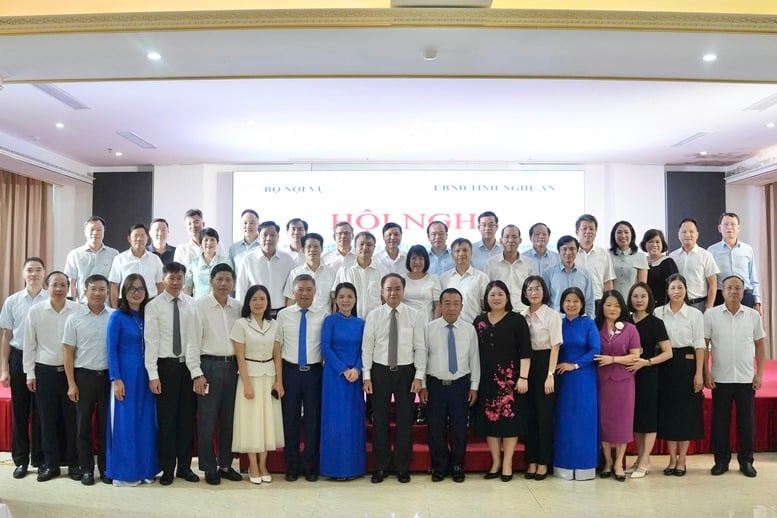
Conference "Promoting the effective implementation of programs to send workers abroad under international agreements, meeting the requirements of the new situation" - Photo: VGP/TG
To maximize the effectiveness of post-return employment for workers, Mr. Dang Huy Hong proposed allowing the Center for Overseas Labor to participate in the National Job Exchange , connecting and introducing jobs for workers who have completed their programs. At the same time, it is necessary to establish a coordination mechanism between the Ministry of Interior, the Ministry of Public Security, and the Ministry of National Defense in supporting and advising demobilized military and police personnel seeking employment abroad; and to research policies providing financial support through vocational training cards to train foreign languages and skills before departure.
At the conference, the Department of Overseas Labor Management discussed the implementation of the non-profit model; the Social Policy Bank updated its preferential loan policies for workers; and the Ministry of Public Security and the Ministry of National Defense proposed strengthening coordination in developing policies to support demobilized military and police personnel. The conference also noted the experiences of workers who successfully returned to Vietnam after participating in the EPS program and established businesses, and representatives from various localities shared their results and made recommendations for improving the non-profit model in the new phase.
Thu Giang
Source: https://baochinhphu.vn/dua-lao-dong-viet-nam-ra-nuoc-ngoai-an-toan-chi-phi-thap-nho-mo-hinh-phi-loi-nhuan-10225102011073198.htm


![[Photo] Prime Minister Pham Minh Chinh attends the Conference summarizing and implementing tasks of the judicial sector.](/_next/image?url=https%3A%2F%2Fvphoto.vietnam.vn%2Fthumb%2F1200x675%2Fvietnam%2Fresource%2FIMAGE%2F2025%2F12%2F13%2F1765616082148_dsc-5565-jpg.webp&w=3840&q=75)







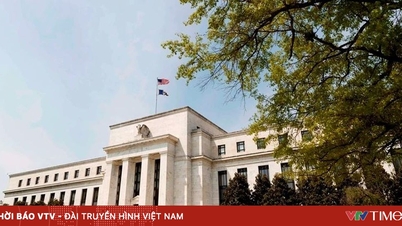
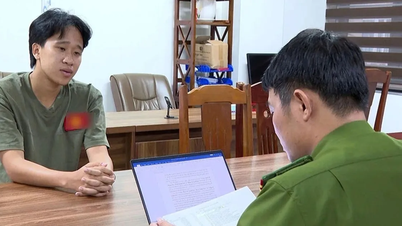

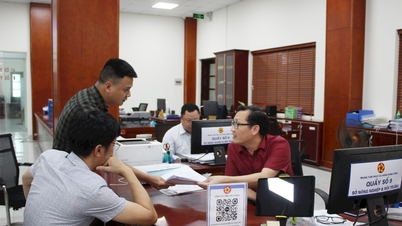



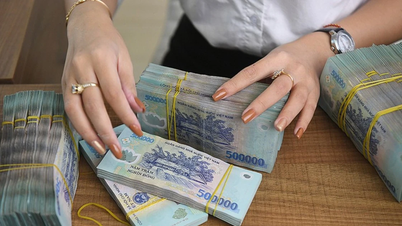

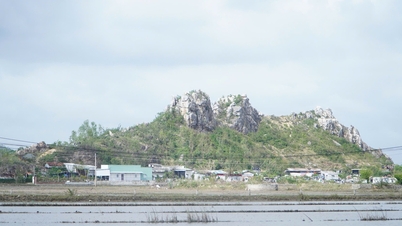



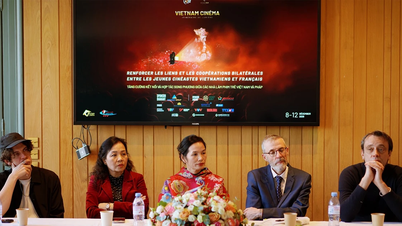

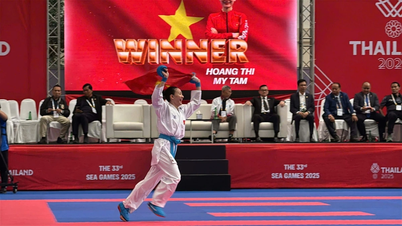

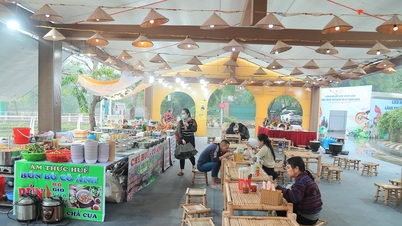

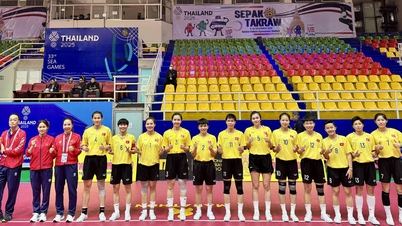




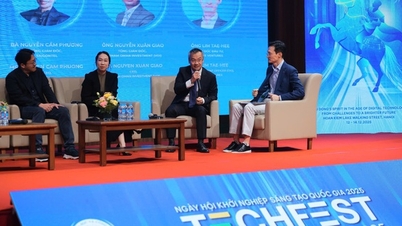


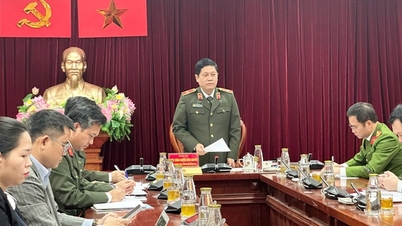
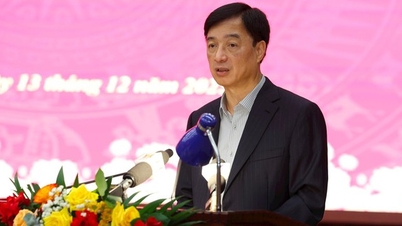
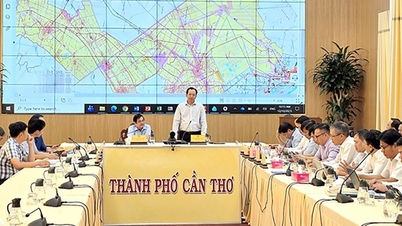

































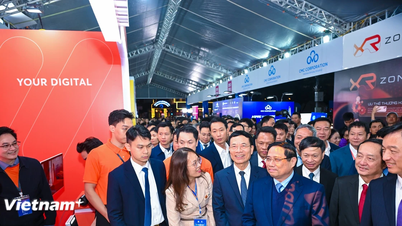

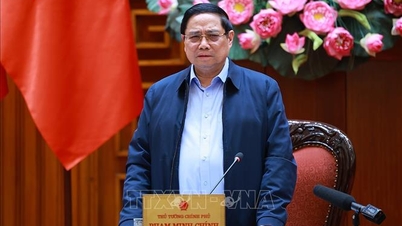
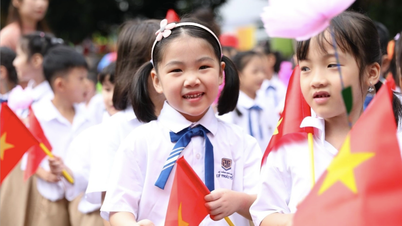




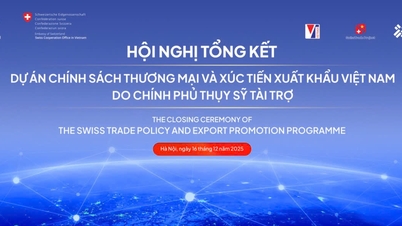

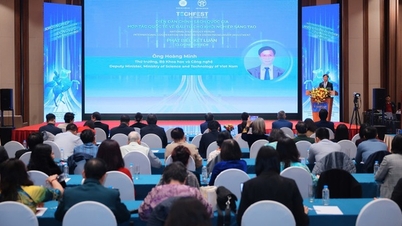

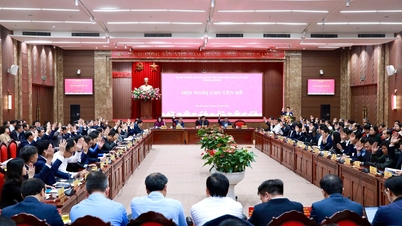

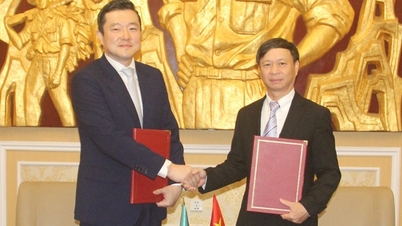

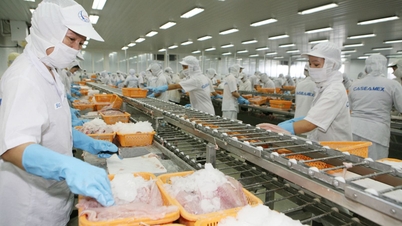
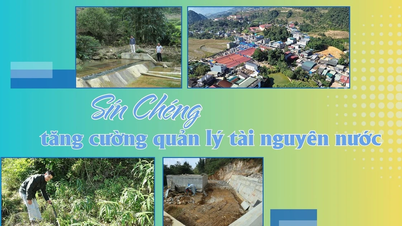


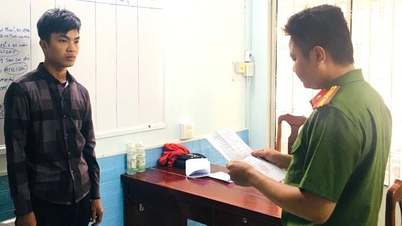

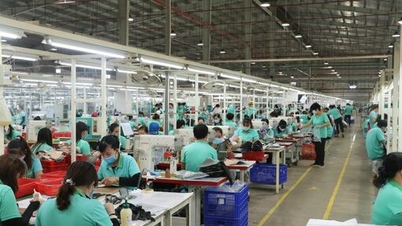

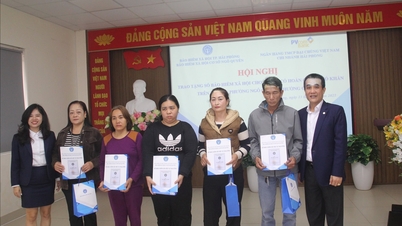
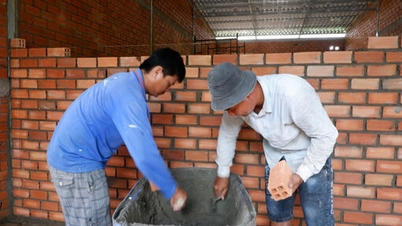










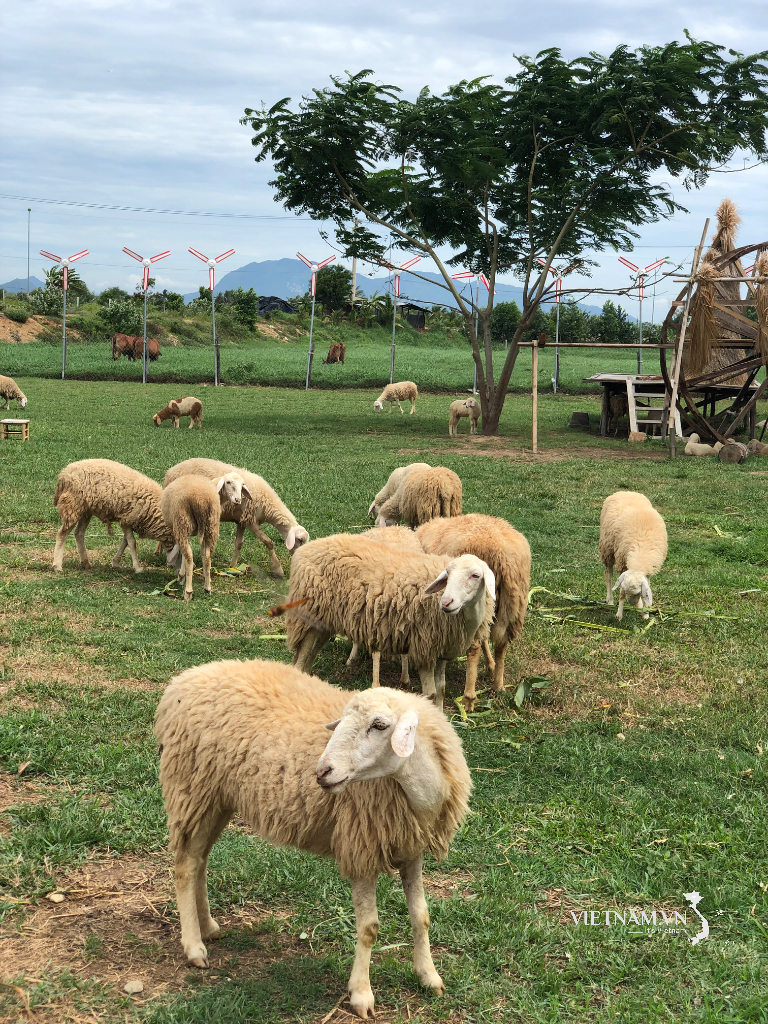
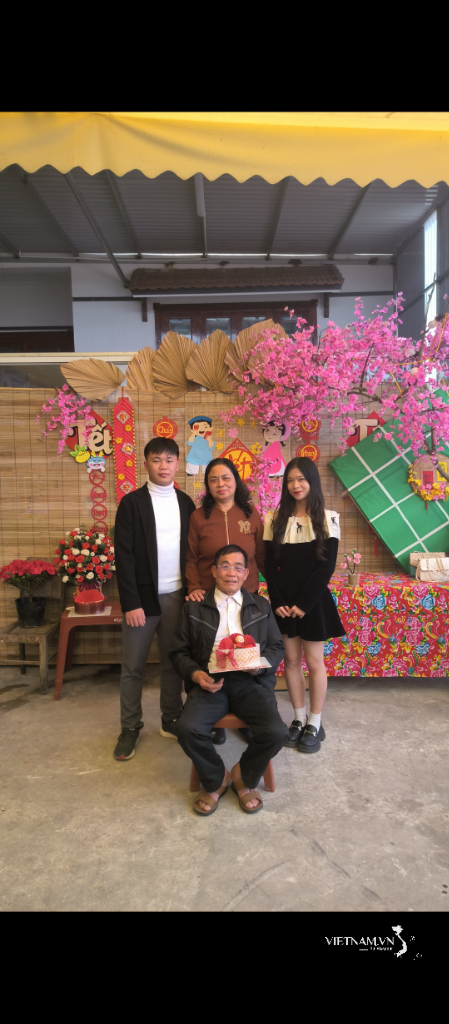

Comment (0)